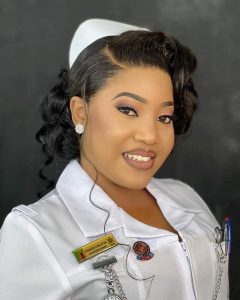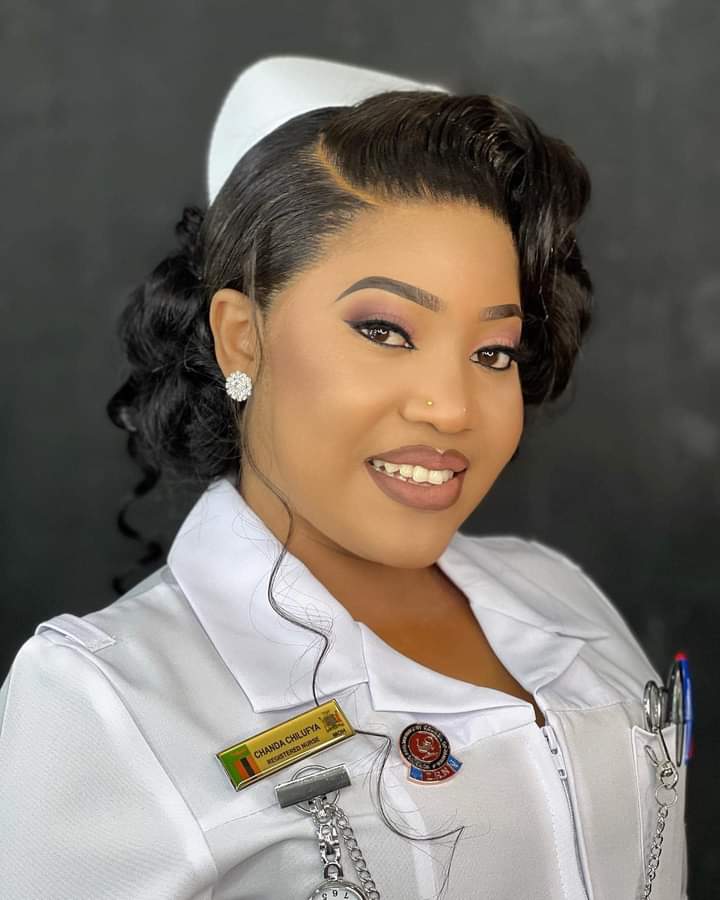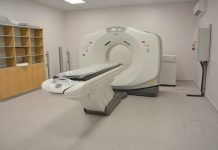Can a microbiologist become a nurse? Can I study Nursing with BSc microbiology?
Microbiology is the study of microscopic organisms, such as bacteria, viruses, achaea, fungi and protozoa. This discipline includes fundamental research on the biochemistry, physiology, cell biology, ecology, evolution and clinical aspects of micro organisms including the host’s response to these agents. It is the scientific study of micro organisms, those being unicellular, multicellular or acellular. Microbiology encompasses numerous sub-disciplines including Virology, Bacteriology, Protistology, Mycology, Immunology and Parasitology. Microbiology is a biological science course under the faculty of science in most universities. The number of years required for the award of the BSc. in Microbiology degree is 4 (four) years.
Nursing is a field of medical science which is focused on the care of individuals, families, and communities so they may attain, maintain or recover optimal health and quality of life. It also involves the collaborative and autonomous care of individuals of all ages, families, groups and communities, sick or well and in all settings. It also involves the promotion of health, prevention of illness and care of the ill, disabled and dying people. Nurses work in hospitals, clinics, laboratories, education/academics, and research.
The nursing degree is known as a BSN which stands for Bachelor of Science in Nursing, which is an undergraduate degree for Registered nurses, that introduces nurses to topics such as patient care technology, Research health production, Safety and quality within the health care system. Nursing normally takes about five years to study in the university. Yes, in Nigeria a graduate of Microbiology can apply for Direct entry or Post graduate entry to study Nursing. The knowledge gained studying Microbiology will definitely make studying Nursing easier.
Most universities accept students with minimum of a 2nd class upper in relevant courses (Microbiology, Biochemistry, Anatomy, etc) for admission to study Nursing, some schools accept 2nd class lower but this reduces the chances of being admitted. Generally some of the requirements are while each university has unique criterion for admission, you need at least five ‘credit’ passes in English, Mathematics, Physics, Chemistry and Biology in not more than ‘two sittings’ at o’level to study Nursing. It is also advisable to visit your proposed school of admission for enquiries. You can get admission by buy a Joint Admission and Matriculation Board Direct Entry Form (JAMB DE Form).
There is also the option of attending a nursing school with your degree in Microbiology. Simply put a degree in nursing is offered in the university, while registered nursing is offered in the school of nursing or college of nursing under a hospital management. The requirement for studying nursing in a nursing school is availability of all documents, such as the SSCE certificate with at least five credits in English, Biology, Physics and Chemistry. Most Nursing schools also conduct a special examination to determine admission into the school. With a degree in Microbiology, going to a nursing school is the best choice as you do not need to go to a university to begin practice when you become a Registered Nurse.
Shyllon Olayinka Enoch, Undergraduate student of Biochemstry at Obafemi Awolowo University
Twitter; @blackpeggy103
This article is the intellectual property of www.nimedhealth.com.ng
























